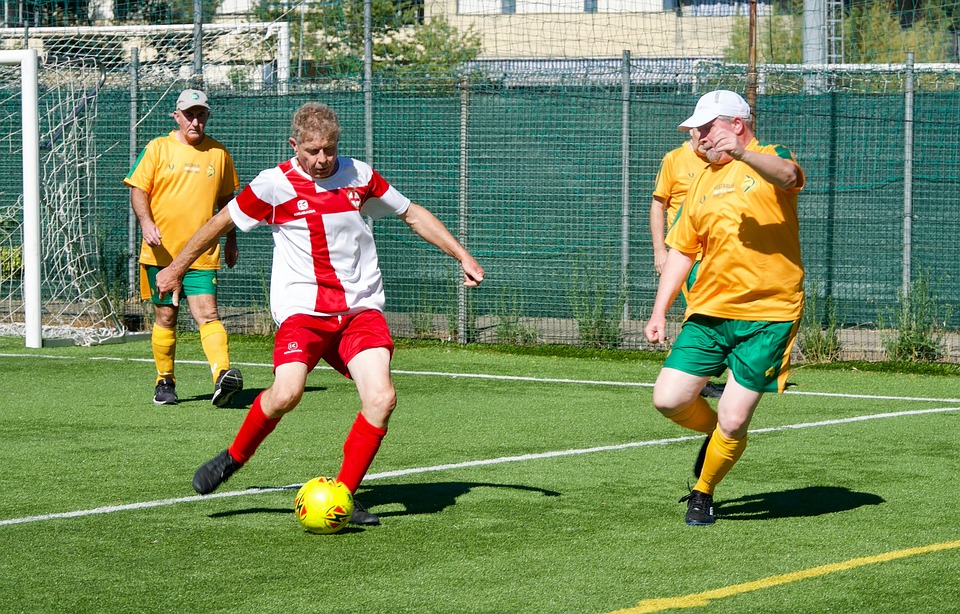In recent years, the gaming industry has witnessed a remarkable shift, with a growing emphasis on inclusivity and accessibility. As game developers strive to make their titles available to a broader audience, a parallel movement has emerged within the gaming community. This movement, known as "modding," involves fans and hobbyists altering or enhancing games through modifications, or "mods." Among the various types of mods, those focused on accessibility are particularly impactful, transforming gaming experiences for countless players.
Understanding Accessibility in Gaming
Accessibility in gaming refers to the design principles and modifications that make games playable for individuals with disabilities. This encompasses a wide range of considerations, including visual impairments, hearing loss, motor skill challenges, and cognitive disabilities. While many major developers are beginning to recognize the importance of accessibility features—such as adjustable difficulty levels, colorblind modes, and customizable control schemes—community mods can fill critical gaps not addressed by official releases.
The Rise of Modding Communities
Modding communities thrive on creativity, collaboration, and a shared passion for games. Platforms like Nexus Mods, Mod DB, and Steam Workshop have become hubs for gamers to share their creations. These communities allow modders to implement their unique visions and address specific needs related to accessibility. The grassroots nature of these platforms fosters innovation, enabling modders to experiment with features and develop solutions that may not be feasible at the commercial level.
Example Mods Enhancing Accessibility
Numerous mods exemplify how community-driven efforts can enhance accessibility:
-
Colorblind Modes: Mods that adjust colors and contrasts can assist players with color vision deficiencies. These mods might alter the color palette of a game to ensure vital information is distinguishable for those with colorblindness.
-
Text-to-Speech and Speech-to-Text: For gamers with hearing impairments, mods that add voice output or convert text into speech can create a more inclusive experience. Such systems help players engage with narrative-driven games and understand the dialogue more easily.
-
Customizable Controls: Mods can allow for extensive keybinding options, enabling players with motor skills challenges to remap actions to suit their preferences. This can range from adjusting sensitivity settings to providing one-button control schemes for complex mechanics.
- Enhanced Subtitles: Certain mods improve subtitle clarity by changing font size, background contrast, or even providing additional visual cues for sounds, which are vital for hearing-impaired players in narrative-heavy games.
The Impact on Developers and the Gaming Industry
The existence and success of accessibility mods reflect not only the creativity of the gaming community but also the areas where professional developers might lag. While some developers have made strides in accessibility, the wide range of disabilities faced by players means that comprehensive solutions are difficult to achieve. Modders can take the lead in exploring innovative solutions that might inform developers in future game design.
Moreover, the presence of these mods encourages mainstream developers to prioritize accessibility features during the game development process. As players share their experiences and modifications, awareness grows, pushing the industry towards greater accountability and proactive approaches to inclusivity.
Challenges in Modding for Accessibility
While modding presents opportunities for improvement, there are challenges to consider. The collaborative nature of modding can lead to inconsistencies in quality and performance, with not all mods being adequately tested. Additionally, a reliance on mods can create inequalities if mainstream titles fail to integrate accessible features by default.
Furthermore, modding requires a degree of technical skill and access to the game’s code, making it occasionally unapproachable for some gamers who may benefit from it the most. As the industry matures, it’s crucial to foster environments where modding communities can thrive while also advocating for more robust accessibility features at the development level.
Conclusion
Modding for change showcases the passion and commitment that gaming communities hold toward inclusivity and accessibility. By addressing specific barriers faced by gamers with disabilities, modders not only enhance individual experiences but also challenge the gaming industry to prioritize these aspects in future developments. As the dialogue on accessibility grows, both in community spaces and among major developers, it is clear that the collaborative power of modding has the potential to usher in a more inclusive era in gaming—one where everyone, regardless of ability, can play, enjoy, and thrive in virtual worlds.


